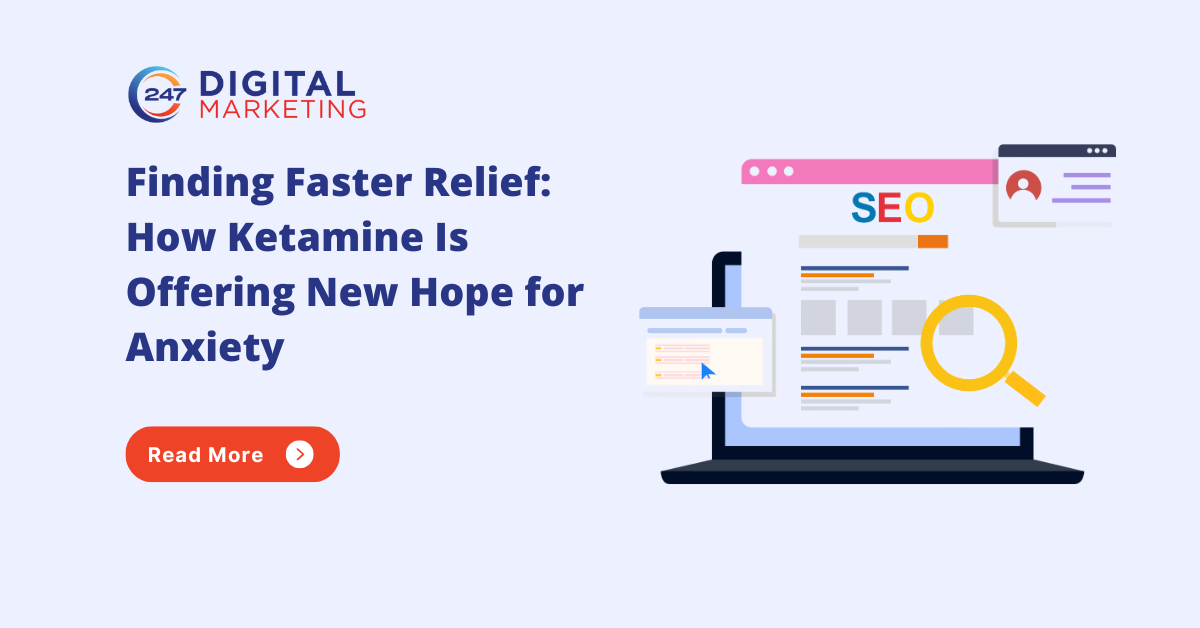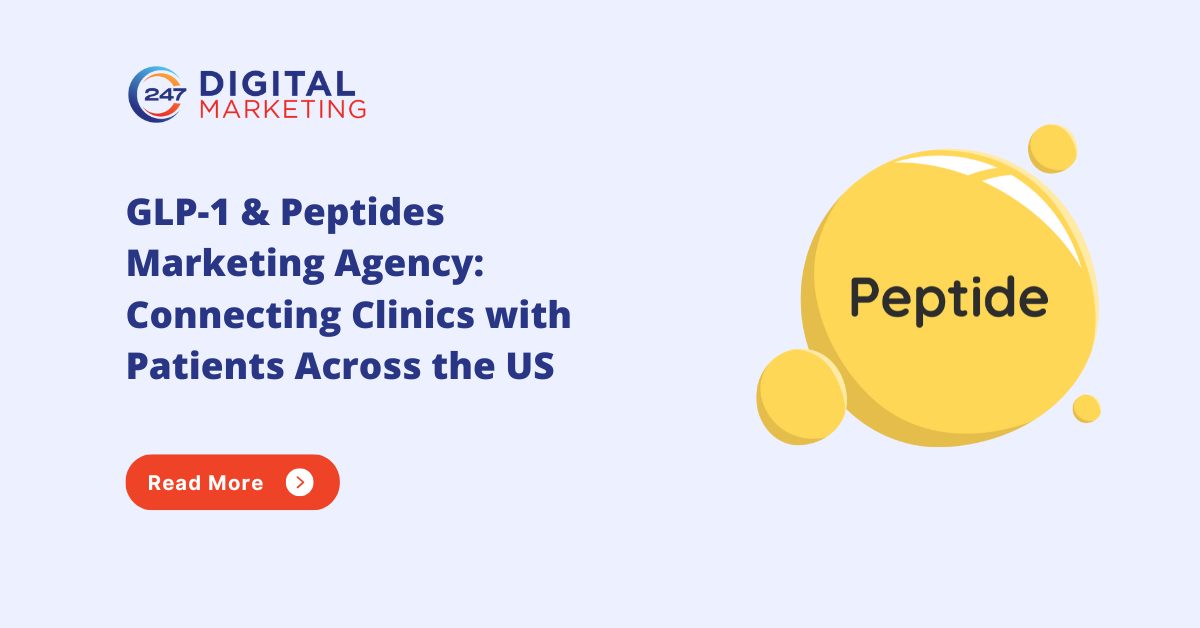
When Anxiety Doesn’t Wait for Weeks of Relief
For some, anxiety isn’t just a passing wave, it’s a constant undercurrent that makes each day heavier than the last. Traditional treatments like SSRIs and talk therapy can help, but they often require weeks or even months before noticeable changes set in. When anxiety feels urgent, waiting can be the hardest part.
That’s why more people are exploring treatments designed to bring faster relief, including innovative approaches like ketamine therapy, a solution that’s reshaping the conversation around mental health care.
Why Anxiety Can Be So Hard to Treat
Anxiety disorders affect millions of adults in the U.S., and they manifest in many forms, from generalized anxiety disorder to panic disorder, social anxiety, and phobias. The challenge is that anxiety isn’t just mental; it’s physical too. It can impact sleep, digestion, immune response, and even cardiovascular health.
Standard medications, such as SSRIs, focus on altering neurotransmitter activity over time. While effective for many, they often require a trial-and-error approach and take several weeks to reach full impact. For someone struggling with severe or treatment-resistant anxiety, this delay can feel unbearable.
Depression: A Shared Pathway to Healing
Anxiety and depression often exist together, feeding into one another in a cycle that can feel impossible to break. By acting on the brain’s glutamate system, ketamine can address both sets of symptoms at once. For someone with depression-related anxiety, this dual benefit can be life-changing. Clinical studies have shown that ketamine can:
- Reduce suicidal ideation more quickly than traditional antidepressants.
- Improve mood and motivation alongside reducing anxious thoughts.
- Enhance engagement in therapy, as patients often feel more open and hopeful after treatment.
This overlap makes ketamine therapy a unique option for people facing complex mental health challenges. In fact, ketamine treatment for depression has shown remarkable results for individuals who have not responded to conventional medications. One of the interesting aspects of ketamine therapy is that it doesn’t just help with anxiety, it has also shown promise in treating depression, PTSD, and other mood disorders.
The Science Behind Ketamine Therapy for Anxiety
Originally developed as an anesthetic, ketamine has gained attention in recent years for its rapid-acting antidepressant and anti-anxiety properties. Unlike traditional medications that primarily target serotonin or dopamine, ketamine acts on the brain’s glutamate system, a pathway that influences neuroplasticity, or the brain’s ability to adapt and form new connections.
This mechanism is significant because:
- Faster relief: Many patients report improvements in mood and anxiety symptoms within hours to days.
- Neuroplasticity boost: Ketamine helps the brain “rewire” thought patterns, creating a window for healthier coping mechanisms to take root.
- Potential for treatment-resistant cases: Even individuals who haven’t responded to other therapies sometimes see success.
How Ketamine Treatment Works
While the exact protocol can vary, ketamine therapy for anxiety typically involves a series of infusions or nasal spray treatments administered under medical supervision. The setting is designed to be calm and supportive, allowing patients to relax during the session.
A treatment plan may include:
- Initial evaluation to assess medical history and determine eligibility.
- Series of sessions spaced over several weeks to build and maintain results.
- Integration support, such as therapy or coaching, to help reinforce new mental patterns.
Who Might Benefit from Ketamine Therapy?
Ketamine therapy is not a one-size-fits-all solution, but it can be worth considering for individuals who:
- Have not found relief through standard anxiety medications.
- Struggle with severe, disruptive symptoms.
- Experience both anxiety and depression.
- Wants a treatment option that works alongside therapy for better long-term results.
Safety and Considerations
Like any medical treatment, ketamine therapy has considerations. Side effects may include mild dissociation, dizziness, or nausea during treatment, which usually resolve quickly. Because it is a controlled medication, treatments must be provided by licensed professionals in a safe clinical setting.
Where Expertise Meets Compassion
In New Jersey, clinics like Neuroplasticity MD are helping to make advanced options like Ketamine for Anxiety accessible in a supportive, medically supervised environment. With an emphasis on personalized care, they guide patients through each step, from assessment to integration, ensuring that the treatment is both safe and effective.
Taking the First Step Toward Relief
Living with anxiety can feel isolating, but treatments like ketamine offer a reminder that change is possible, and it doesn’t always have to take months to happen. If you’ve been searching for a new approach, exploring Ketamine Treatment New Jersey could be a meaningful step forward. For those ready to reclaim their peace of mind, the best next step is a conversation with a qualified provider who can explain your options, answer your questions, and create a plan tailored to your needs.
Mitesh Patel is the co-founder of 247 Digital Marketing, LawFirm Marketing and a columnist. He helps companies like Emerson and other top Fortune 500 compnies to grow their revenue.




